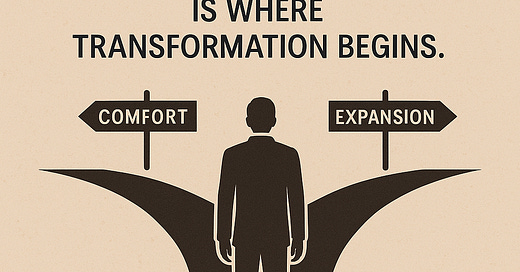There’s a unique kind of tension that arises when our environment is stretching us—when collaboration, competition, or change demand more flexibility—yet our inner world craves control, certainty, and safety.
This isn’t just a personality trait. It’s wired into our neurobiology. The brain constantly scans for potential threats, and when uncertainty spikes, so does our need to self-protect. The prefrontal cortex, which is responsible for higher-order decision-making, takes a hit under stress. The amygdala—the brain’s threat detector—activates and pushes us into defense mode. In this state, even regular, everyday challenges can feel like personal risks. Our instinct? Clamp down. Hold on. Control what we can.
The need for control is often tied to our desire for predictability and autonomy—both of which are essential to our sense of well-being and psychological safety. In chaotic environments, exerting control over our time, space, or emotions helps us feel anchored. But here’s the thing: when control is overused, that same protective impulse can quietly limit our growth.
We may find ourselves saying no to new opportunities, resisting change, or becoming rigid in conversations that challenge our worldview. What looks like “being grounded” can be a quiet form of fear. In my life, this has often looked like staying busy and resisting downtime. Which ultimately leads to feelings of fatigue and burnout.
This inner grip is common in high-achieving professionals—especially those of us used to navigating competitive, uncertain, or high-responsibility environments. We crave harmony and momentum, but we also fear losing footing. We want to grow, but we don't want to lose the identity or structure that gave us a sense of safety in the first place.
So what do we do with this?
We pause. We notice. And we remind ourselves that we are human—and so is everyone else.
Growth invites us to rise above our biological instincts by understanding them and working with them more skillfully. We challenge ourselves to release the illusion of control—not through force, but through compassion. It is essential to forgive ourselves when we fall short, making it easier to extend grace to others who are still in the grip of fear or control. Some people cannot grow in this capacity because they don’t yet have the language or awareness to name it. So we must show them compassion.
That’s leadership. That’s evolution.
Reflection Prompts:
Where in my life do I feel overstimulated or in conflict right now?
What am I trying to control, and why?
Am I resisting collaboration, change, or surrender in a way that’s limiting me?
How can I show compassion—to myself and others—when control shows up as fear?
Although we may all struggle with the need to control, we can choose being grounded over grasping, openness over rigidity, and compassion over critique.
Call to Action:
This week, observe one moment where you feel the urge to control—your schedule, a conversation, a decision. Instead of reacting, pause. Breathe. Extend compassion. That moment of awareness may not seem revolutionary, but it is. It’s the foundation of peace, clarity, and conscious leadership.
That’s all for now,
Asiah R.




